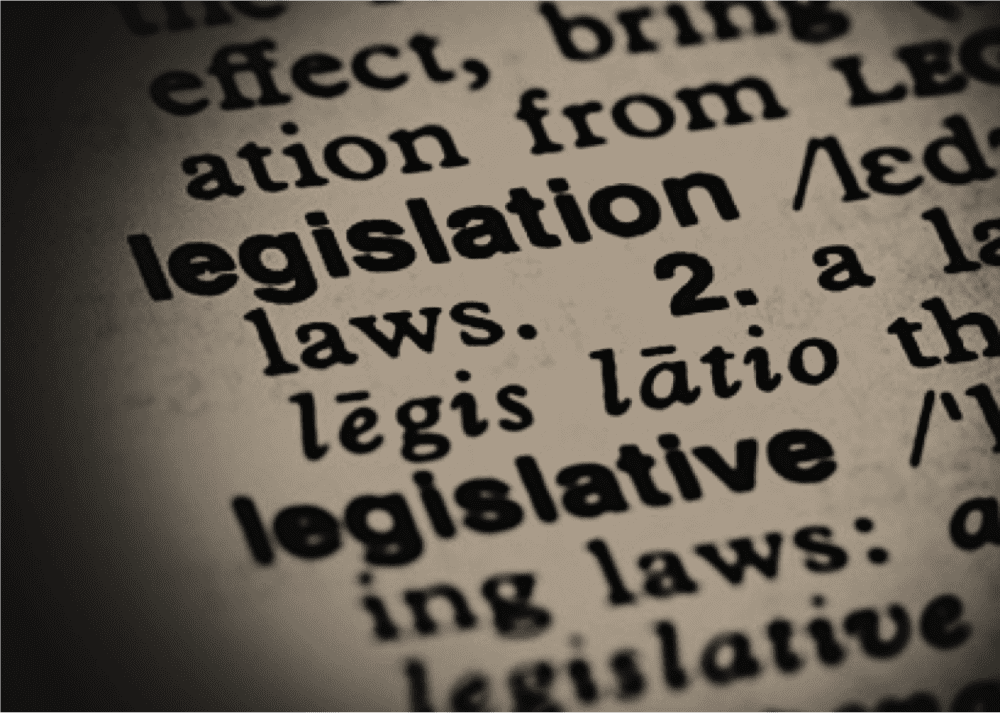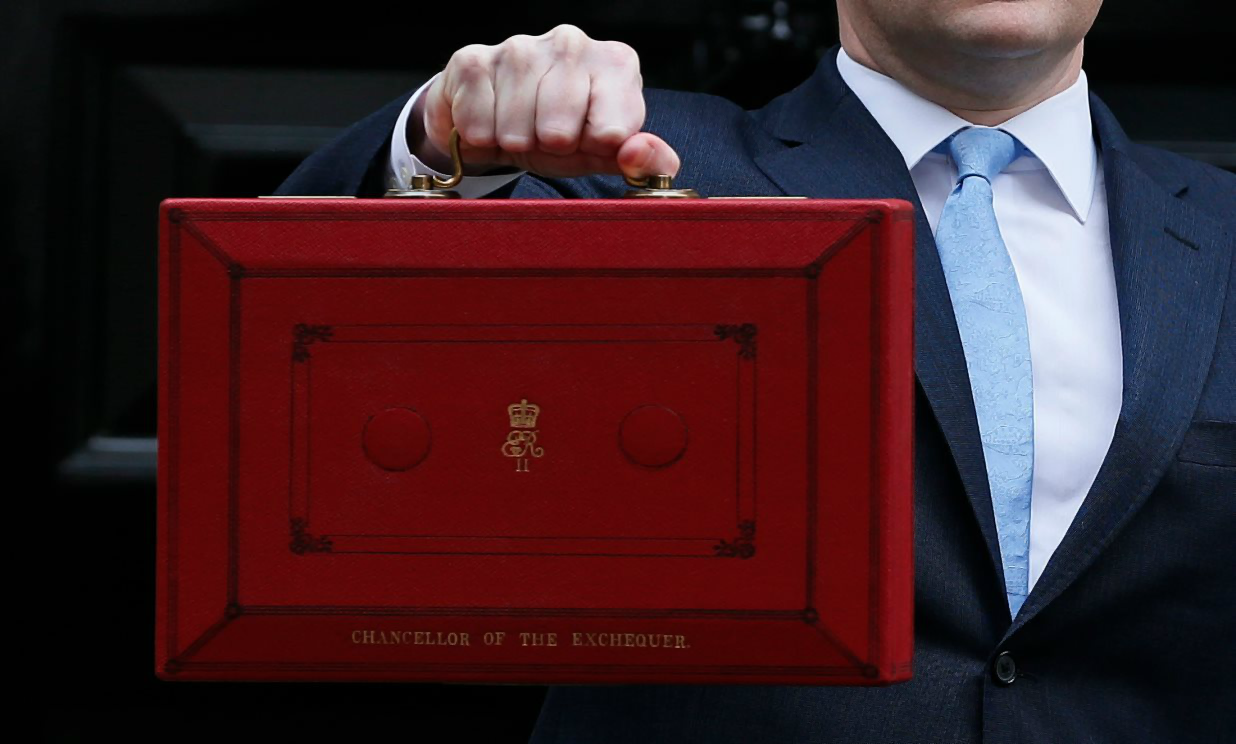Owning a home in New York City is a dream for many, but understanding the property tax system can be a real puzzle. The NYC Department of Finance property tax might seem like a maze, but it’s crucial for homeowners to get a grip on it. From how your property’s market value is assessed to the different tax rates for residential and commercial properties, there’s a lot to unpack. This guide aims to break down the NYC property tax system so you can manage your financial obligations without getting lost in the details.
Key Takeaways
- NYC property taxes are based on your property’s market value and classification.
- Different property classes, like residential or commercial, have distinct tax rates.
- Property taxes help fund essential services like schools and public safety.
- Understanding your tax bill can reveal potential exemptions or discounts.
- Timely payments are crucial to avoid penalties and interest charges.
Demystifying the NYC Property Tax System

Understanding Market Value and Its Role in Taxation
In New York City, the market value of your property isn’t just what someone might pay for it. Instead, it’s a calculated figure that considers several factors such as size, location, and condition. This calculated market value becomes the foundation for determining your property tax. Understanding how this value is calculated is crucial for homeowners aiming to anticipate their tax obligations accurately.
The Importance of Property Classifications
Properties in NYC are divided into different classes, each with its own tax rate. These classifications are not just for show—they significantly impact how much you pay in taxes. Residential, commercial, and industrial properties, for example, fall into distinct categories. Each class is taxed differently, reflecting the unique characteristics of each property type. Knowing your property’s classification helps you understand your tax bill better.
How Property Taxes Fund Local Services
Ever wonder where your property tax dollars go? In NYC, these taxes play a vital role in funding local services. From public education to emergency services, your tax payments help maintain the city’s infrastructure and quality of life. It’s not just about paying bills; it’s about contributing to the community.
Property taxes are more than just a financial obligation. They are a way to support the services that make our neighborhoods better places to live. By understanding the system, you become an informed participant in the city’s growth and maintenance.
Navigating Your NYC Property Tax Bill
Key Components of a Property Tax Bill
Understanding your property tax bill can feel like decoding a complex puzzle, but breaking it down into its key components helps. Your bill typically includes:
- Current and past due charges: This section shows what you owe now and any leftover amounts from before.
- Other property-related fees: These might cover services like trash collection or water usage.
- Exemptions and abatements: If you qualify, these reduce the taxable value of your property, lowering your tax bill.
- Overpayments or credits: Any extra payments or adjustments are noted here.
- Early payment discounts: Some bills offer a cut in the total if you pay before the due date.
Deciphering Charges, Exemptions, and Discounts
When you look at the charges on your bill, it’s not just about the bottom line. Understanding how your taxes are calculated can reveal opportunities to save. Exemptions and abatements are crucial here. They’re like discounts that you might qualify for, reducing what you owe. Make sure to check if you’re eligible for any of these, as they can significantly impact your finances.
Understanding Billing Intervals and Payment Schedules
Property tax bills in NYC don’t just appear out of nowhere. They follow a specific schedule, usually arriving quarterly or semi-annually. Knowing when to expect your bill helps you plan your budget better. Missing a payment can lead to penalties, so it’s wise to mark these dates on your calendar. If you’re struggling with payments, consider options like installment plans to ease the burden.
Staying on top of your property tax bill is more than just a financial obligation—it’s about maintaining peace of mind and ensuring you’re not caught off guard by unexpected charges.
Exploring Property Tax Rates and Classifications
Residential vs. Commercial Property Tax Rates
In New York City, property tax rates aren’t one-size-fits-all. Residential properties generally enjoy lower tax rates compared to commercial properties. This difference stems from the city’s effort to balance the tax burden among various property types. Residential properties, which include single-family homes, condos, and co-ops, often have rates that reflect their use as living spaces rather than income-generating assets. On the other hand, commercial properties, such as office buildings and retail spaces, are taxed at higher rates. This reflects their potential for generating income and the city’s need to fund public services.
The Impact of Property Class on Tax Obligations
The classification of a property significantly influences its tax obligations. New York City categorizes properties into different classes, each with specific assessment ratios and tax rates. Class 1 includes one-to-three family homes, Class 2 covers residential buildings with more than three units, and Class 4 encompasses commercial and industrial properties. Each class has its own tax rate, which is applied to the assessed value, a figure derived from the market value and adjusted by the assessment ratio. Understanding which class your property falls into is crucial for anticipating tax liabilities.
How Economic Factors Influence Tax Rates
Economic factors play a pivotal role in determining property tax rates. Changes in the market value of real estate, influenced by economic conditions, directly impact the assessed value of properties. During economic booms, property values tend to rise, leading to higher tax assessments. Conversely, in economic downturns, property values may decline, potentially lowering tax assessments. Additionally, city budgetary needs and policy decisions can influence tax rate adjustments, reflecting broader economic strategies. Understanding these dynamics can help property owners anticipate changes in their tax bills and plan accordingly.
Property taxes are a critical component of local government funding, supporting essential services like education and public safety. Navigating the complexities of tax rates and classifications can seem daunting, but it’s a necessary step for every property owner in New York City. By understanding the nuances of these rates, property owners can better manage their financial obligations and contribute to the vibrant community services that make the city thrive.
Leveraging Exemptions and Abatements
Navigating the world of property taxes in New York City can be daunting, but understanding exemptions and abatements can significantly lighten the load. These financial tools are designed to reduce the amount of property tax you owe, offering a respite to homeowners who qualify. Let’s dive into how you can make the most of these opportunities.
Eligibility Criteria for Common Exemptions
The first step in benefiting from property tax exemptions is understanding whether you qualify. Common exemptions include:
- School Tax Relief (STAR) Exemption: Available to homeowners using their property as a primary residence. This exemption is divided into Basic STAR for all homeowners below a certain income level and Enhanced STAR for seniors with qualifying incomes.
- Senior Citizens Homeowners Exemption: Designed for older adults, this exemption reduces the assessed value of the home, thereby lowering the tax bill.
- Veterans Exemption: Provides tax relief to eligible veterans or their surviving spouses, recognizing their service and sacrifice.
Each exemption has specific eligibility requirements, so it’s crucial to check the criteria and gather necessary documentation.
Application Processes for Tax Reductions
Applying for tax exemptions and abatements involves several steps:
- Research and Identify: Determine which exemptions or abatements you qualify for.
- Gather Documentation: Collect necessary documents such as proof of residency, income statements, or military service records.
- Submit Applications: Complete and submit the required forms to the NYC Department of Finance by the specified deadlines.
Staying organized and attentive to details can make this process smoother and increase your chances of approval.
Maximizing Financial Benefits Through Abatements
Abatements can further reduce your tax burden by offering temporary reductions in property taxes. Some key abatements include:
- Solar Energy System Tax Abatement: Encourages the installation of solar panels by reducing tax obligations for properties with solar systems.
- Affordable Housing New York Program: Provides tax benefits to property owners who designate a portion of their units for affordable housing.
Tip: Pairing exemptions with abatements can lead to substantial savings. For example, combining the STAR exemption with the Solar Energy System Abatement could significantly lower your tax bill.
Understanding and utilizing these financial tools not only eases your tax burden but also supports broader community goals, such as sustainable energy and affordable housing. By taking advantage of exemptions and abatements, homeowners can effectively manage their property tax responsibilities while contributing positively to their community.
In summary, knowing the ins and outs of exemptions and abatements can help you save money and make informed decisions about your property tax obligations. Stay informed, apply diligently, and maximize your financial benefits.
Mastering the Property Tax Payment Process
Available Payment Methods and Platforms
Paying your property taxes in New York City doesn’t have to be a hassle. The city offers several methods to make the process as smooth as possible. Online payments are the most convenient option, allowing you to settle your taxes from the comfort of your home. The city’s online portal is secure and user-friendly, making it easy to manage your payments. If you prefer a more traditional approach, you can still mail a check or pay in person at designated locations.
- Online Payments: Use the city’s secure portal to pay directly from your bank account.
- Electronic Funds Transfer (EFT): Automate your payments to avoid missing deadlines.
- Escrowed Taxes: If you have a mortgage, your lender might handle this for you.
Consequences of Late or Missed Payments
Falling behind on your property tax payments can lead to serious consequences. The city imposes penalties and interest on late payments, which can quickly add up. If the taxes remain unpaid for too long, the city might even sell a lien on your property, which could lead to foreclosure. It’s crucial to stay on top of your payments to avoid these risks.
Timely payments not only help you avoid financial penalties but also maintain your standing as a responsible property owner.
Options for Installment Plans and Payment Flexibility
If you’re facing financial difficulties, the city offers installment plans to spread your tax payments over time. This can ease the burden and help you manage your cash flow better. However, it’s important to adhere to the plan’s terms to avoid additional complications.
- Installment Plans: Spread payments over several months to manage finances better.
- Payment Notifications: Sign up for alerts to stay informed about your payment status.
- Flexible Scheduling: Work with the Department of Finance to find a plan that suits your needs.
Advocating for Fair Property Tax Assessments

Understanding the Appeal Process
If you think your property tax assessment is off, you’re not alone. Many homeowners find themselves in this situation and decide to appeal. Appealing your property tax assessment can potentially lower your tax bill if you can prove your property’s assessed value is too high. The process involves gathering evidence like recent sales of similar properties, photos of property damage, or any other documentation that supports your claim. You will present your case to the city’s Tax Commission, which will review your evidence and make a decision.
Gathering Evidence for a Successful Appeal
To make a strong case, you’ll need to collect solid evidence. Here are some steps to help you:
- Research Comparable Sales: Look for recent sales of similar properties in your area. This data can help show that your property is overvalued.
- Document Property Conditions: Take photos or gather reports that highlight any damage or issues that could lower your property’s value.
- Hire Professionals: Consider getting a real estate appraiser or tax consultant to provide expert opinions and strengthen your case.
Potential Outcomes of Property Tax Appeals
When you appeal your property tax assessment, there are a few possible outcomes:
- Approval: Your appeal is successful, and your property’s assessed value is lowered, reducing your tax bill.
- Denial: Your appeal is not successful, and your assessment remains the same.
- Partial Adjustment: The commission agrees to lower the value, but not to the extent you requested.
Staying informed and prepared can make a significant difference in the appeal process. By understanding each step and gathering the right evidence, you can increase your chances of a favorable outcome.
The Role of the NYC Department of Finance in Property Taxation
Resources and Assistance for Homeowners
The NYC Department of Finance (DOF) plays a pivotal role in managing the city’s property tax system. For homeowners, the DOF is a crucial resource for understanding and managing property tax obligations. They offer a variety of services to assist homeowners, including detailed guides on how property taxes are calculated and paid. The department also provides customer service support for inquiries, ensuring that homeowners can get the help they need when questions arise about their tax bills or payments.
- Guidance and Support: The DOF offers online resources, workshops, and one-on-one consultations to help homeowners understand their tax responsibilities.
- Payment Assistance: They provide information on payment methods and options, including electronic payment systems, to make the process as smooth as possible.
- Exemption Programs: The department helps homeowners navigate various tax exemption programs, ensuring they can take advantage of potential savings.
Staying informed and utilizing the resources offered by the DOF can help homeowners manage their property taxes effectively, preventing unnecessary stress and financial penalties.
How the Department Ensures Fair Tax Practices
The Department of Finance is committed to maintaining fairness in the property tax system. They achieve this by regularly updating assessment methodologies to reflect current market conditions, ensuring that property values are assessed accurately. This helps in distributing the tax burden equitably among property owners.
- Regular Assessments: Properties are assessed annually to ensure valuations are up-to-date with market trends.
- Appeal Process: Homeowners have the right to appeal their property assessments if they believe there is an error, with the DOF providing a clear process for doing so.
- Transparency: The department publishes detailed reports and data on property tax assessments and collections, promoting transparency and trust in the system.
Staying Informed About Policy Changes
Property tax policies in NYC are subject to change, influenced by economic conditions and legislative reforms. The DOF keeps homeowners informed about these changes through newsletters, public announcements, and community meetings.
- Updates and Alerts: Homeowners can subscribe to updates from the DOF to receive timely information on policy changes that might affect their taxes.
- Community Engagement: The department holds public forums and discussions to engage with the community, allowing homeowners to voice their concerns and stay informed.
- Educational Initiatives: Through various programs, the DOF educates property owners about upcoming changes and how these might impact their tax bills.
By actively engaging with the NYC Department of Finance, homeowners can ensure they are well-prepared to handle their property tax obligations and benefit from available resources and exemptions.
Conclusion
Wrapping up our guide on NYC property taxes, it’s clear that understanding this system is crucial for every homeowner. We’ve walked through the basics, from how properties are assessed to the different tax rates and classifications. Knowing these details helps you manage your finances better and avoid surprises. Remember, staying informed about any changes in tax laws or rates can save you money and stress in the long run. By keeping up with your property tax responsibilities, you not only protect your investment but also contribute to the community’s well-being. So, keep this guide handy, and don’t hesitate to reach out to the NYC Department of Finance if you have questions. They’re there to help you navigate the complexities of property taxes in the city.
Frequently Asked Questions
What is the NYC property tax based on?
NYC property tax is based on the market value of your property, which considers factors like size, location, and condition.
How do property classifications affect my taxes?
Properties in NYC are divided into classes like residential and commercial, each with different tax rates. Your tax amount depends on your property’s class.
What can I find on my property tax bill?
Your property tax bill includes charges, possible exemptions, discounts, and details on where your tax money goes.
How often do I need to pay property taxes in NYC?
Property taxes in NYC are usually billed annually, but you can pay in quarterly installments to make it easier.
Are there ways to reduce my property tax?
Yes, you might qualify for exemptions or abatements that can lower your property tax. Check if you meet the criteria and apply.
What should I do if I think my property tax is too high?
If you believe your property tax is too high, you can appeal the assessment. Gather evidence and follow the appeal process to potentially lower your tax.

Peyman Khosravani is a global blockchain and digital transformation expert with a passion for marketing, futuristic ideas, analytics insights, startup businesses, and effective communications. He has extensive experience in blockchain and DeFi projects and is committed to using technology to bring justice and fairness to society and promote freedom. Peyman has worked with international organizations to improve digital transformation strategies and data-gathering strategies that help identify customer touchpoints and sources of data that tell the story of what is happening. With his expertise in blockchain, digital transformation, marketing, analytics insights, startup businesses, and effective communications, Peyman is dedicated to helping businesses succeed in the digital age. He believes that technology can be used as a tool for positive change in the world.



































